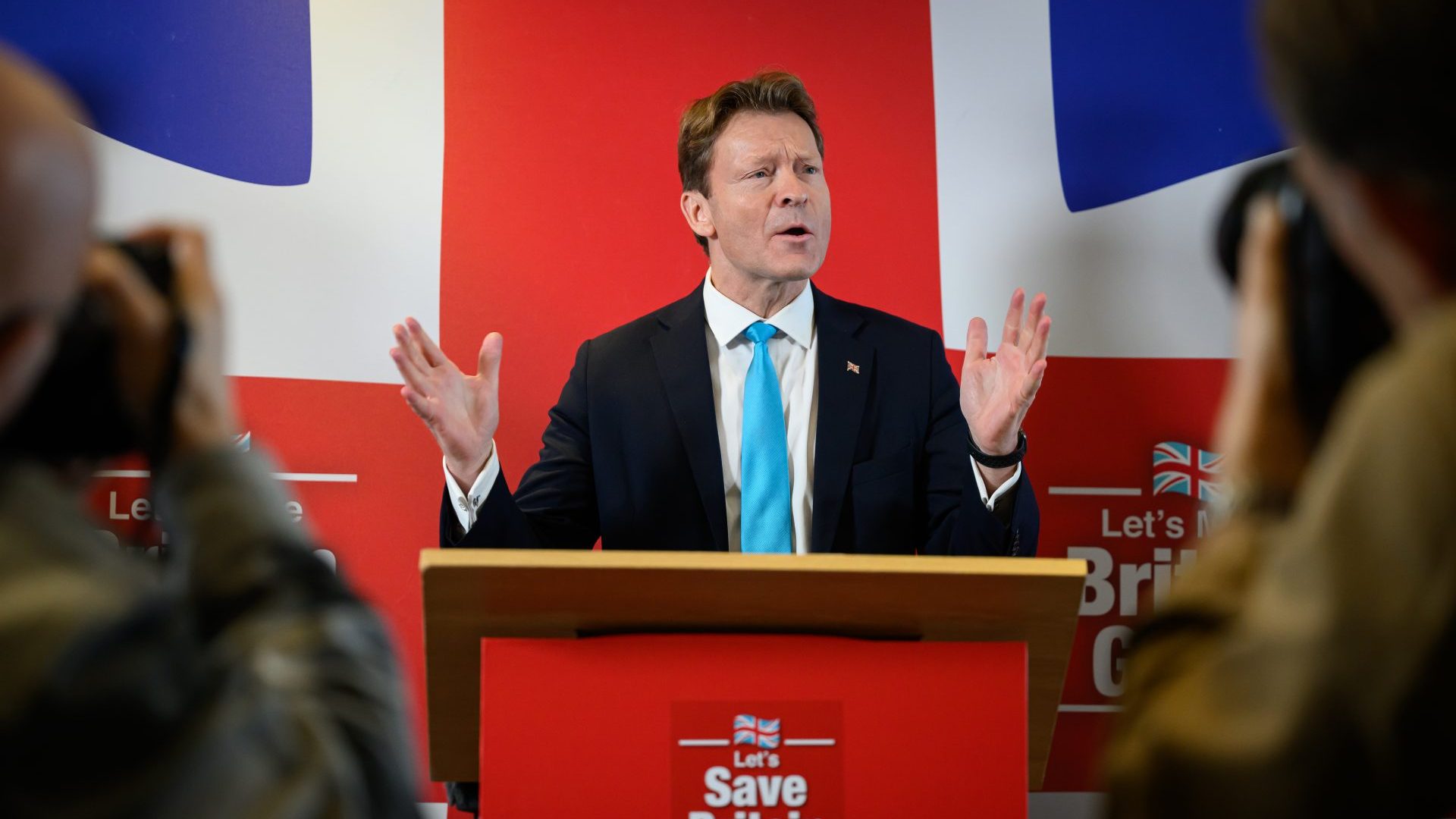Those of us who had hoped that the annual seasonal break from politics might just last for another week or so were cruelly disappointed yesterday when Richard Tice – the leader of populist party Reform UK – decided to kick off 2024’s election countdown with a press conference.
It is tempting to ignore the event entirely given that on one level Reform UK is an irrelevance in British politics. It has just five councillors in the UK out of a total of more than 11,000, which is one less than the local issue Derbyshire party, Reform Derby. It has no MPs and is not expected to win any seats in the next general election.
Even yesterday’s press conference had to dangle the prospect of attendance by Nigel Farage, by billing the event as featuring “Tice and friends”, smacking of an awareness that on one level the party teeters on the brink of irrelevance.
The counter-argument, though, is compelling – especially to Conservative MPs. Even more than the Conservative Party, Reform UK is in essence the political wing of GB News, with deep connections between its funders and backers and on-air presenters.
Few ‘fringe’ parties have a 24-hour news channel quite so sympathetic to their agenda. Despite almost never keeping their deposit in an actual election, Reform polls as high as 11-12% in national polls, and takes the biggest chunk of those from the Conservative Party (though it takes from Labour and the Lib Dems too, to a bigger extent than is appreciated).
What is really concentrating minds is that this time Tice is claiming he is not in the market for any 2019-style pacts, in which Reform (then the Brexit Party) agreed not to stand in any seat with an incumbent Conservative MP. Now that Conservatives have “betrayed” Brexit, he is saying they will stand in every seat – making a horrible electoral map for the Tories suddenly all that much worse.
Progressives will be tempted to sit back, eat popcorn, and mutter “let them fight”. To an extent, there is little that is wrong with this, but there are caveats to remember.
The first is that the rise of the populist right usually persuades the centre right to try to appease that flank – and the UK Conservative Party is already almost gleeful in its cruelty over the asylum system, and vicious in its rhetoric on immigration. Turning up the temperature here helps no-one worth helping.
There is also the need to be careful what one wishes for: it was a common refrain in US progressive circles in 2015 to hope that Donald Trump won the Republican primary, because it would mean that the Democrats would inevitably sweep home and win the House, Senate and presidency in November 2016. We know how that turned out.
It would be foolish to take Tice at his word that he will definitely stand candidates in every English, Scottish and Welsh parliamentary seat. What he is saying now is a negotiating position, not a promise – if he could extract enough from the Tories over their manifesto, he might be persuaded to scale back his ambitions, not least because standing in 600+ seats is expensive.
There are several mutually incompatible factions in the Tory party, each claiming to hold its real soul. There are pragmatic moderates, an ever-shrinking faction that wants to govern on responsible and relatively small government. There are libertarians, who think a radical tax-cutting policy, tiny state, and economic liberalism is what the country wants – despite all the evidence. There’s a set of culture warriors who exist mostly to trigger the libs. And there’s a growing populist flank who like what Reform UK is saying, but would rather be in a party of government.
Rishi Sunak has offered no vision of what the party should be, instead desperately darting between different political philosophies in a bid to appease whichever faction scares him most at the time, or whichever focus group has lodged in his brain. The Tory Party’s multiple personalities means it is very open to being steered by Reform UK, even if sensible electoral logic would tell them to ignore them.
Reform UK’s apparent strength is a symptom of the Tory Party’s endemic weakness, rather than its cause – but we should not expect any of the main characters running the party to realise that before an election. As a result, we’re going to keep hearing a lot of noise about Reform UK – but we shouldn’t feel obliged to listen all that much.












